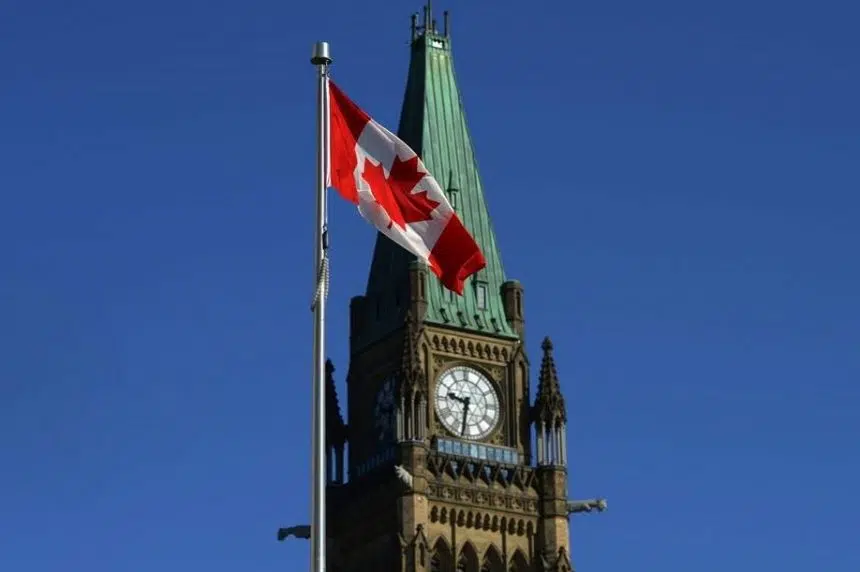OTTAWA – Canada’s cities say the federal Liberals are willing to find creative ways to remove political roadblocks from provinces to fund billions in municipal projects, a sign of hope that comes as they ask Ottawa for more money and new ways to fund local work.
Prime Minister Justin Trudeau, his deputy Chrystia Freeland and other newly named cabinet ministers have given “very clear signals” about easing the flow of funds as part of their conversations with city leaders, said Edmonton Mayor Don Iveson.
Iveson’s comments came near the end of the Federation of Canadian Municipalities’ conference in Ottawa this week, which included a meeting with Trudeau and Freeland on Thursday afternoon.
The federal government has options to make the money move, Iveson said, pointing to the doubling of the gas-tax funding this year, which the Liberals called a one-time arrangement to do an end-around on problematic provinces.
The Trudeau Liberals will have to lean on provinces to remove hurdles – political or otherwise – that hold up federal spending and, in turn, local construction plans for things like affordable housing, said Iveson, who chairs the federation’s caucus of mayors from the largest cities in Canada.
“If there’s an opportunity to do the right thing and help reduce demand for a costly provincial public service, surely provinces can come to the table and be partners,” Iveson said Thursday.
“And if they’re not, then the federal government needs to use all the tools in its toolkit to drive them back in to productive nation-building conversation.”
What the country needs, he said, is “courageous leadership” from all levels of government.
Cities are also hoping for billions in new spending and potential new powers.
On Thursday, the federation released its wish list for the first 100 days of the Trudeau government’s second mandate.
The document urged the Liberals to boost annual increases to the gas-tax fund to 3.5 per cent from two per cent, and permanently double the value of the program to just over $4 billion.
The group also wants the government to eliminate caps on funding for transit rehab projects, allow other spending to upgrade council chambers and administrative buildings, and add $2 billion in new spending for projects that help communities adapt to climate change.
It’s also asking for tens of billions in new spending commitments, including $34 billion for transit over 10 years once the current agreement runs out in 2028.
Trudeau said the Liberal campaign platform was in part inspired by the priorities the federation laid out, and that their ideas would continue to inform his party’s approach to governing – even with a sharply divided electorate and minority Parliament.
“After all, we’re all serving the same people – Canadians from coast, to coast, to coast, who expect us to do right by them,” Trudeau said during brief remarks before meeting behind closed doors with the group’s leadership.
Infrastructure Minister Catherine McKenna told the gathering of municipal leaders on Wednesday that getting projects built quickly is her top priority, a nod to criticisms the Liberals face about the slow trickle of federal dollars for approved projects – some of which is beyond the government’s control.
Bill Karsten, president of the Federation of Canadian Municipalities, said the people he represents on Halifax city council care more about results than the process governments take. He also said opposition parties have been open to the group’s suggestions, but would not reveal which ones.
Ray Orb, who speaks for the federation’s rural members, said the Liberals must keep rural Canada in mind to ensure smaller communities have reliable internet access, for instance, and don’t miss out on disaster-mitigation money.
Jordan Press, The Canadian Press







